(L426) How many and how much?
$6.99 including GST
Some nouns are considered ‘uncountable’ (indivisible) or ‘mass’ nouns, and do not take a plural form, e.g. water, oil, sand, flour, rice, silver, and excitement.
For countable nouns, we use the determiner “many” to denote a large number and use the plural form of the noun (e.g. “many umbrellas”). For uncountable nouns, we use the determiner “much” to denote a large amount or degree; and the determiner can only be used with a singular noun (e.g. “much sand”).
Errors with ‘many’ and ‘much’ persist for many young school students, and require much practice to correct – especially for many students with a history of language and learning disorders, and for many students learning English as an additional language.
This 23-page resource is designed to help, while also working on verbal reasoning tasks.
Description
In English, two or more of most nouns can be described using plural forms of the noun, e.g. cats, bricks, horses, boxes, leaves, mice, and teeth.
Some nouns are considered ‘uncountable’ (indivisible) or ‘mass’ nouns, and do not take a plural form, e.g. water, oil, sand, flour, rice, silver, laughter, lightning, rain, thunder, snow, sunshine, rubbish, furniture, advice, information and excitement.
For countable nouns, we use the determiner “many” to denote a large number and use the plural form of the noun (e.g. “many umbrellas”). For uncountable nouns, we use the determiner “much” to denote a large amount or degree; and the determiner can only be used with a singular noun (e.g. “much sand”).
Errors with ‘many’ and ‘much’ persist for many young school students, and require much practice to correct – especially for many students with a history of language and learning disorders, and for many students learning English as an additional language. Much patience is required! This 23-page resource is designed to help, while also working on verbal reasoning tasks.

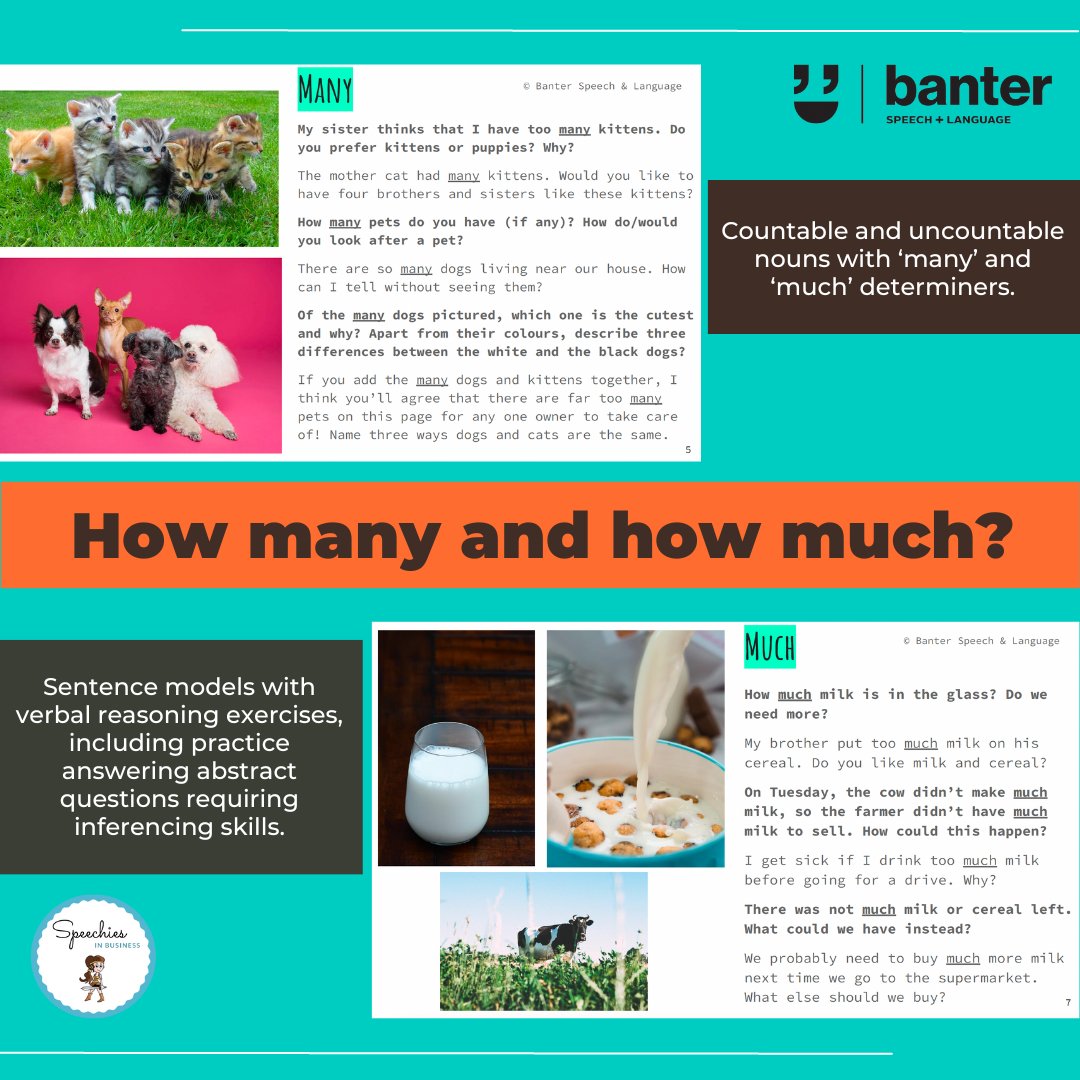






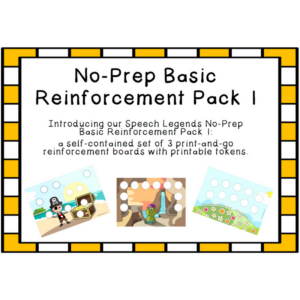
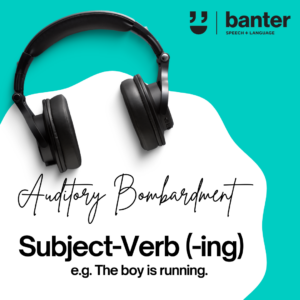
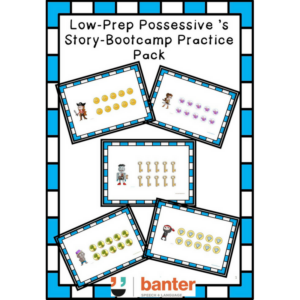
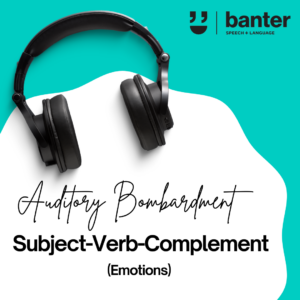
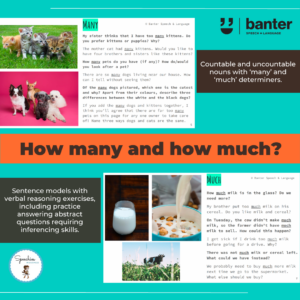
Reviews
There are no reviews yet.